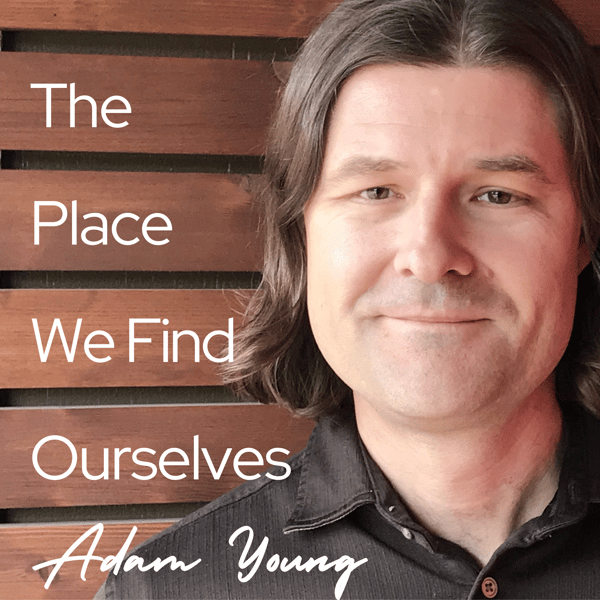114 Making Sense of Your Story: Why It's Necessary To Name Intentionality Part 2
The Place We Find Ourselves
Adam Young
4.8 • 2.5K Ratings
🗓️ 9 May 2022
⏱️ 26 minutes
🧾️ Download transcript
Summary
This is part 2 of a discussion on the necessity of naming intentional harm. You can’t heal until your brain has constructed an accurate and coherent autobiographical narrative of your life. Today I introduce the idea of antisocial empathy, which is a very important concept from David Schnarch’s book Brain Talk. I also talk about how to heal when traumatic mind-mapping results in gaps in your memory.
Transcript
Click on a timestamp to play from that location
| 0:00.0 | Welcome back to the place we find ourselves podcast. |
| 0:04.4 | I'm Adam Young and this is part two of a new teaching on the importance of naming intentional harm. |
| 0:13.2 | Let me begin by recapping the key points of the previous episode, part one. |
| 0:20.4 | First, naming intentionality matters because if you are unsure about whether or not the other person meant to hurt you, it will be very difficult for you to heal from your wounds. |
| 0:34.4 | Now why is this the case? Why? |
| 0:36.4 | Because you can't heal until your brain has constructed an accurate and coherent autobiographical narrative of your life. |
| 0:48.4 | In order to heal, your brain needs to have an accurate narrative and a coherent narrative of your life. |
| 0:58.4 | In other words, it has to be true and it has to make sense. |
| 1:02.4 | And secondly, you can't heal until you feel grief and anger about that narrative. |
| 1:10.4 | The second key point from last time is that each one of you has an ability called mind mapping. |
| 1:19.4 | This is a term from David Schnarge's book Brain Talk and mind mapping refers to your ability to map out the thoughts and feelings of another person, such as your mother or father. |
| 1:34.4 | Your ability to map out to know something of the thoughts and feelings of your father and mother as they interact with you. That's mind mapping. |
| 1:46.4 | And the third key point from last time is that you may have experienced what's called traumatic mind mapping. |
| 1:55.4 | Traumatic mind mapping is a collapse of your brain's normal mind mapping abilities that occurs when you are mind mapping someone and what you see is terrible. |
| 2:10.4 | Traumatic mind mapping, also known as spaghetti brain. That's what Schnarge calls it. |
| 2:16.4 | It kicks in when you realize that someone close to you is intentionally trying to hurt you. |
| 2:27.4 | And the result of traumatic mind mapping is that you don't remember what your father or mother was thinking or feeling towards you when they hurt you. |
| 2:38.4 | You have a gap in your memory there. The reason for that gap is because when you are a child and someone is hurting you on purpose, your brain's mind mapping abilities temporarily turn off because it's too overwhelming to bear what you are actually seeing. |
| 3:00.4 | When I ended the previous episode, part one, I was talking about our tendency to assume that those who harmed us did not themselves have mind mapping ability. |
| 3:12.4 | In other words, our tendency is to say, my mom didn't know what she was doing. She didn't mean to covertly sexually abuse me. |
| 3:21.4 | She just didn't know that she was leaning on me for emotional support. She didn't know that it was wrong and hurtful to tell me about her marriage problems. |
| 3:31.4 | That's the tendency to think that to say that. But this conclusion assumes that mom lacks mind mapping abilities. |
... |
Please login to see the full transcript.
Disclaimer: The podcast and artwork embedded on this page are from Adam Young, and are the property of its owner and not affiliated with or endorsed by Tapesearch.
Generated transcripts are the property of Adam Young and are distributed freely under the Fair Use doctrine. Transcripts generated by Tapesearch are not guaranteed to be accurate.
Copyright © Tapesearch 2025.

